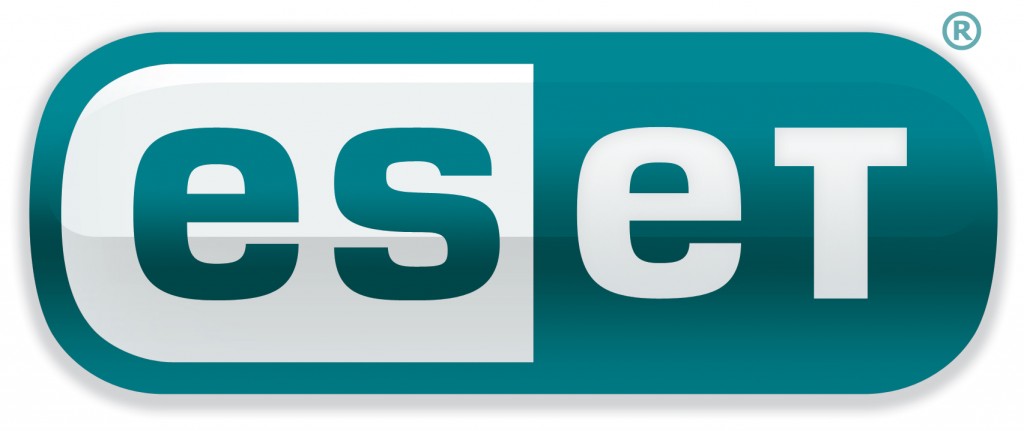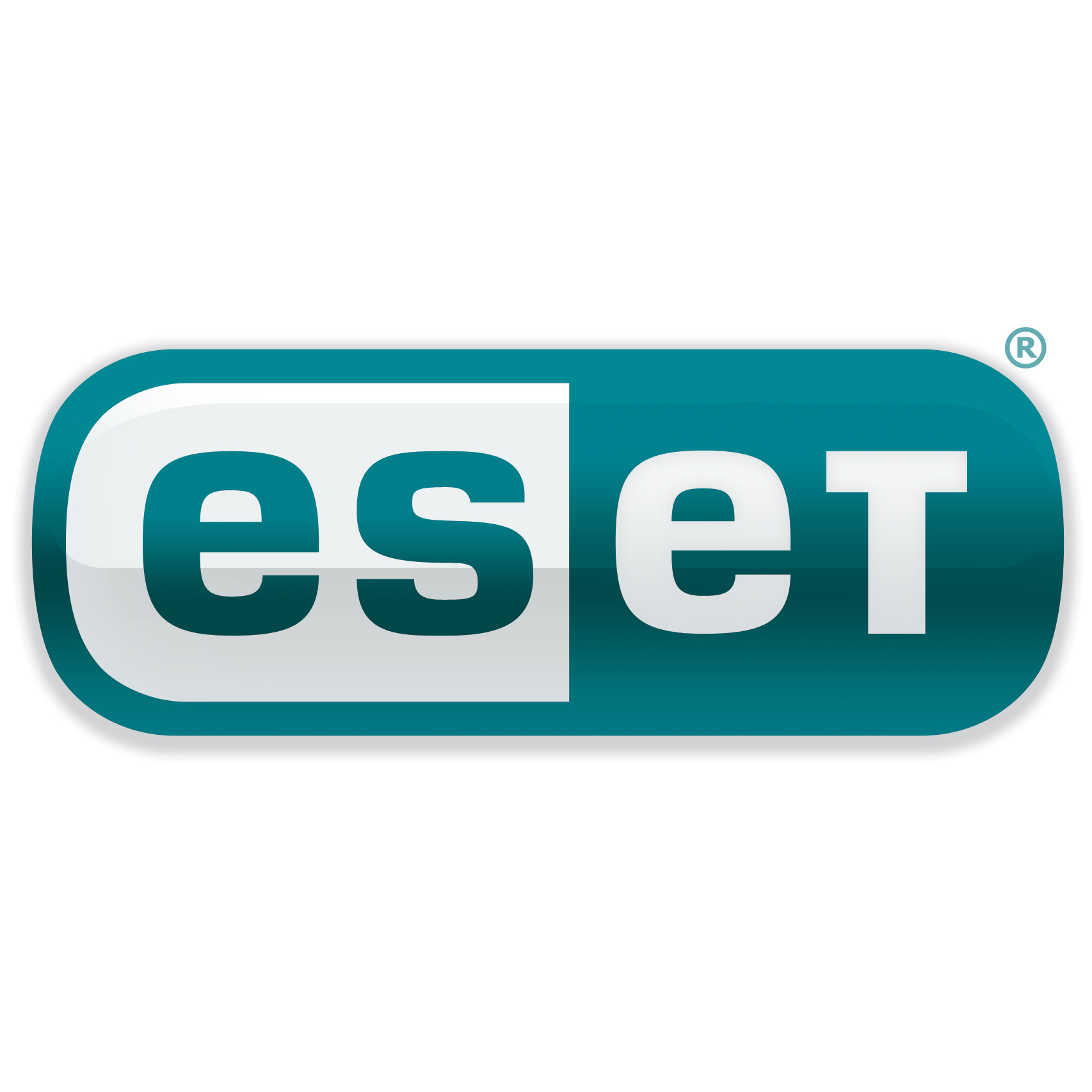 ESET, ESET HQ Malware Research Lab is reporting an unusual spike in the actvity of Filecoder malware – trojans that encrypt user files and try to extort a ransom from the victim in exchange for a decrypting software. ESET LiveGrid® technology- the company’s cloud-based malware collection system – has shown a rising weekly number of Win32/Filecoder detections by over 200% since July 2013 from average numbers in January – June 2013. Significant share of detection (44%) are from Russia, but a significant share is reported in southern Europe (Italy, Spain), Central and Eastern Europe (Germany, Czech Republic, Poland, Romania and Ukraine), and the United States.
ESET, ESET HQ Malware Research Lab is reporting an unusual spike in the actvity of Filecoder malware – trojans that encrypt user files and try to extort a ransom from the victim in exchange for a decrypting software. ESET LiveGrid® technology- the company’s cloud-based malware collection system – has shown a rising weekly number of Win32/Filecoder detections by over 200% since July 2013 from average numbers in January – June 2013. Significant share of detection (44%) are from Russia, but a significant share is reported in southern Europe (Italy, Spain), Central and Eastern Europe (Germany, Czech Republic, Poland, Romania and Ukraine), and the United States.
To infect the computer, cybercriminals are using various infiltration methods: drive-by downloads from malware-laden websites; e-mail attachments, installation through another Trojan or Backdoor, or even manual installation by the attacker. itvoice
Robert Lipovsky, Malware Researcher at ESET said, “TheWin32/Filecoder malware family is more dangerous than other types of so-called ransom ware as they usually encrypt pictures, documents, music and archives. A wide range of techniques and levels of sophistication has been seen in different variants over time. It can be very expensive. Malware samples in this malware category usually request sums around 100 – 200€, however some have been seen extorting up to 3000€. The high amount is consistent with the fact that the attackers usually target businesses that can usually afford to pay higher ransoms than individuals“
One recent variant puts the victims under pressure by displaying a countdown timer indicating that the encryption key will be permanently deleted, making the recovery of the encrypted files nearly impossible. ESET advises Internet surfers to stay protected with regularly updated Antivirus software (ESET products detect these dangerous files). However, it is also a good idea to password-protect anti-malware software’s settings to prevent them being altered by an attacker andbackup regularly


